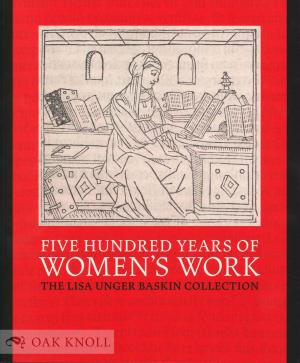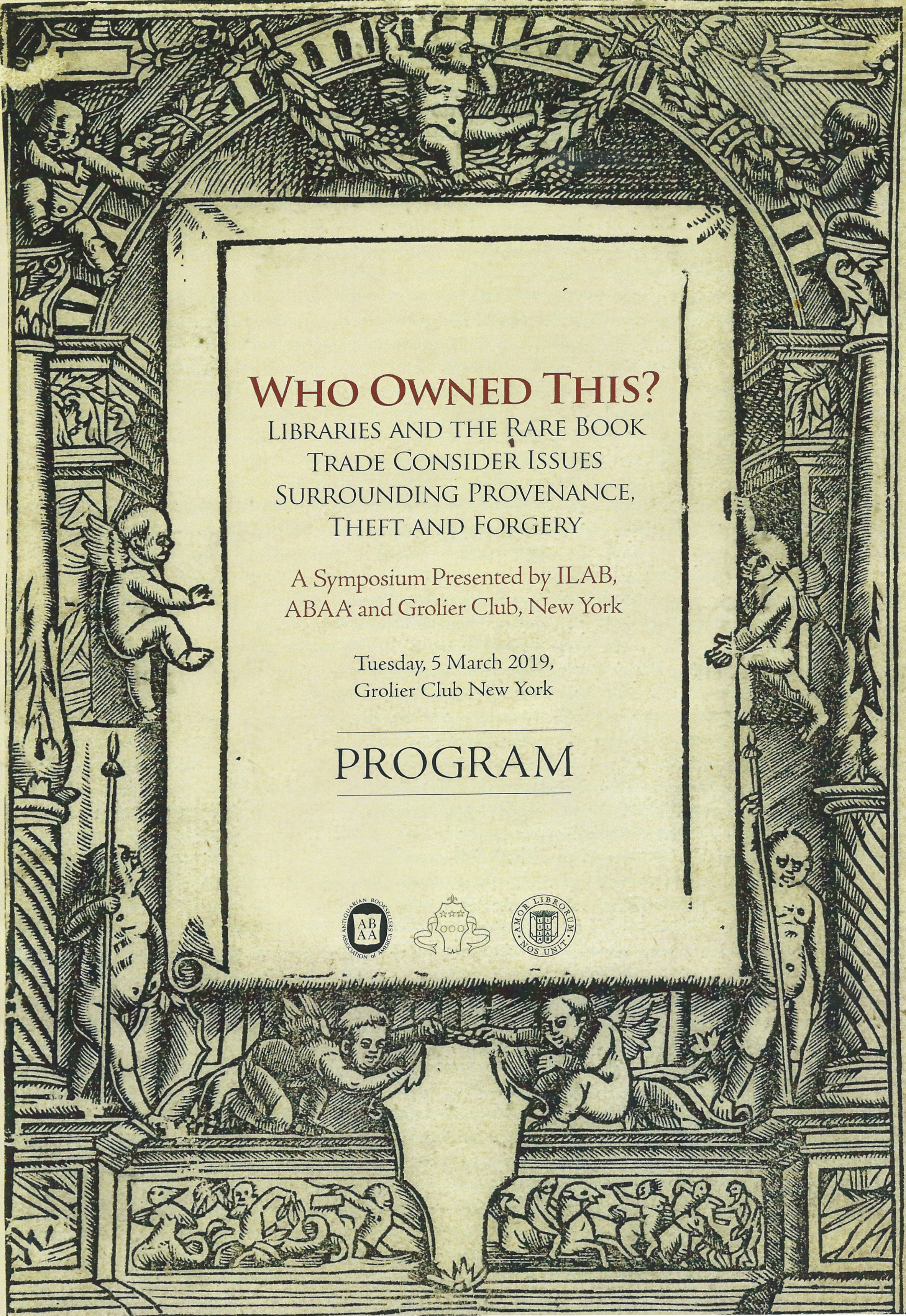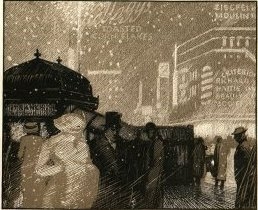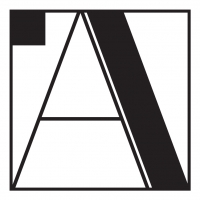The Grolier Club recently hosted an important bibliographic exhibition entitled “Five Hundred Years of Women’s Work: The Lisa Unger Baskin Collection.” The collection focuses on early and rare books demonstrating the under-appreciated activities of working women in all areas and periods. Baskin gave a fascinating talk on her collection which can be viewed using the link above. It is well worth the time.
While the exhibition was taking place Baskin also lead several walking tours of 170 selected books from her collection that were on display. Those tours have now ended, but we can thank the Grolier club for also recording a video of one of them and making it available to all of us via Vimeo.
We can also highly recommend the illustrated catalogue that was published to accompany the exhibition, which had been held previously at its home in the David M. Rubenstein Library at Duke University. You can buy it here:

 The 8 speakers spoke on various subjects relating to the difficult but timely problems faced by booksellers and librarians in connection with provenance, theft and forgery. I was honored by being assigned the closing position and used it to consider these subjects with a particular regard to the use of databases to protect from theft, recover stolen books and establish provenance. At the end I ventured a few general speculations about how the database technologies of the future may be even more useful for these purposes, including a preview of some of the things that viaLibri will be doing to make use of these technologies. The title of my paper was: “
The 8 speakers spoke on various subjects relating to the difficult but timely problems faced by booksellers and librarians in connection with provenance, theft and forgery. I was honored by being assigned the closing position and used it to consider these subjects with a particular regard to the use of databases to protect from theft, recover stolen books and establish provenance. At the end I ventured a few general speculations about how the database technologies of the future may be even more useful for these purposes, including a preview of some of the things that viaLibri will be doing to make use of these technologies. The title of my paper was: “

